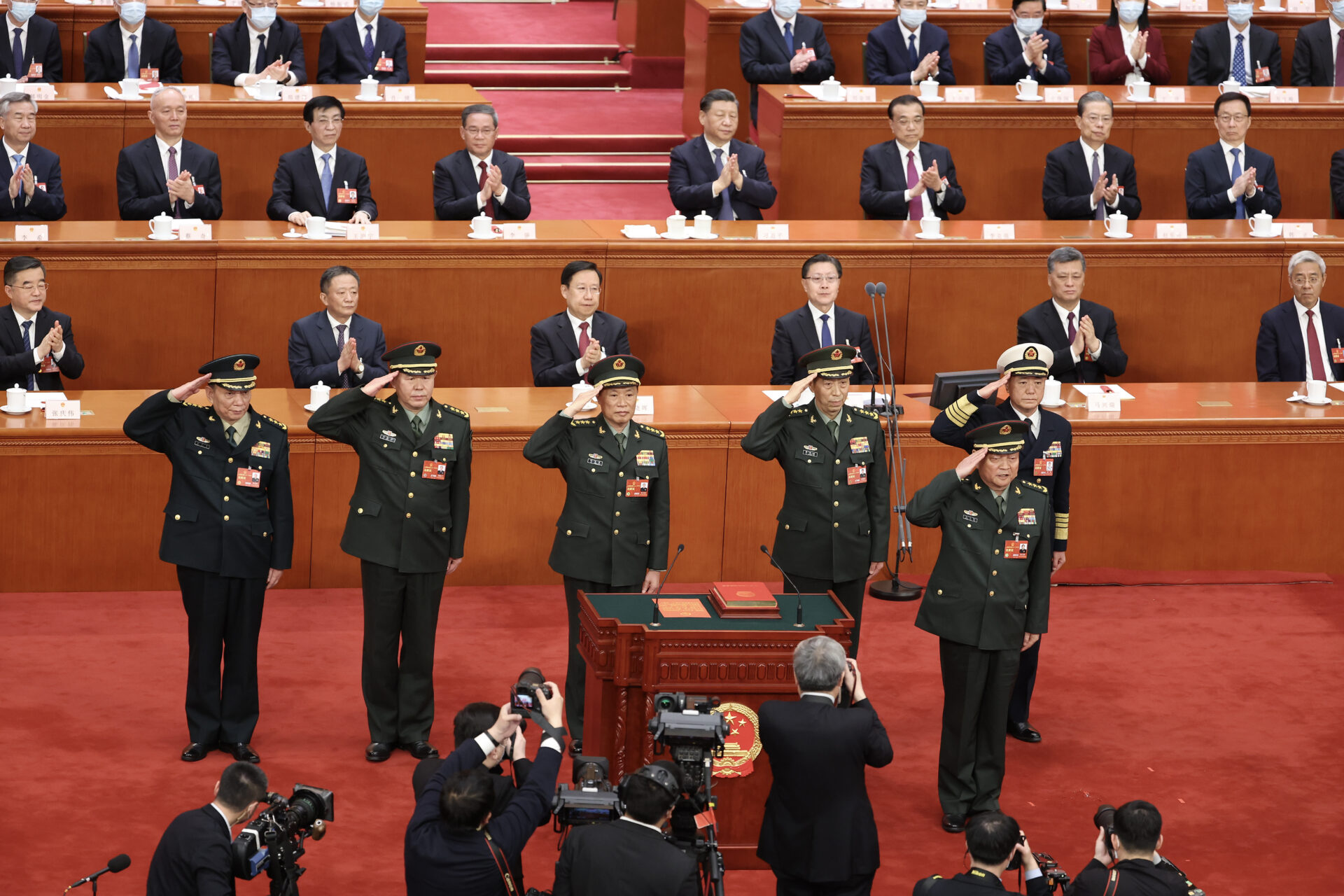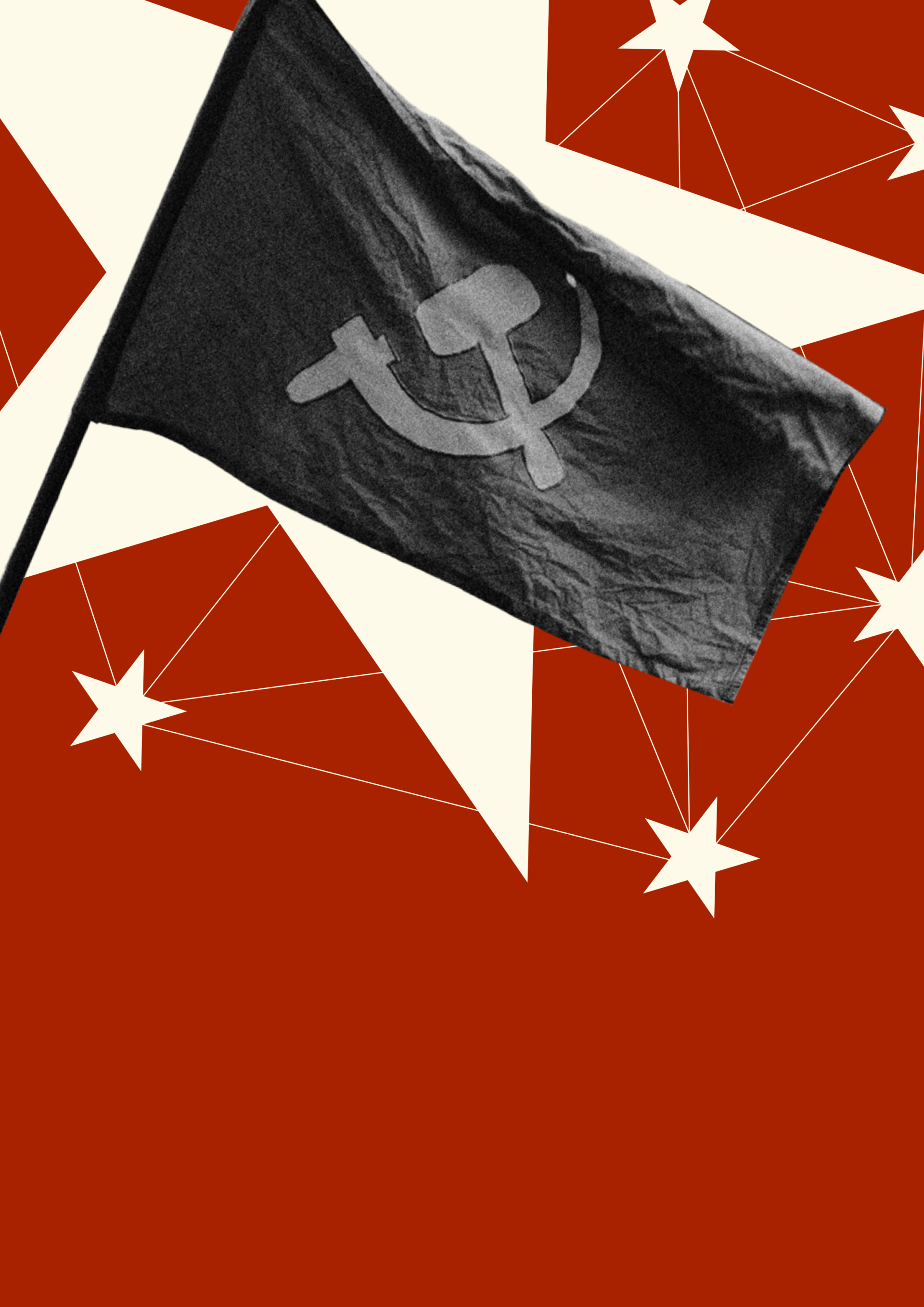Officials Seek “Caucasian Trail” in Tolyatti Bombing
Officials Seek “Caucasian Trail” in Tolyatti Bombing
An apparent bomb blast ripped through a passenger bus in the Samara Oblast city of Tolyatti on October 31, killing eight and injuring at least 54. Alexander Bastrykin, head of the Investigative Committee, a body recently set up under the auspices of the Prosecutor General’s Office, told Interfax that the “Caucasian trail … is being investigated, among others.” Bastrykin also said, however, that according to preliminary data, the bomb used in the attack was a “chemical type explosive device” similar to the one used in the bombing of Moscow’s Cherkizovsky market in August 2006, which killed 11 people. Three students from Moscow universities were arrested and charged with racially motivated murder in that bombing, which targeted non-Russian market traders, including people from China and the Far East and Central Asia. Kommersant on November 1 also reported that investigators believe the bomb in Tolyatti was similar to the one used earlier in the Cherkizovsky market bombing: “And that means that [Russian] nationalists may have been involved in the crime,” the newspaper wrote.
As for the “Caucasian trail,” RIA Novosti on October 31 quoted an unnamed high-level source in the investigative bodies of the Privolzhsky Federal District as saying that Chechen rebel leader Dokka Umarov may have been involved in it, adding that two weeks ago law-enforcement bodies received “operational information” that Umarov was preparing a large-scale terrorist attack. Kommersant noted on November 1 that an address by Umarov putatively declaring the creation of a “Caucasian emirate” had just appeared on the Internet (see Andrei Smirnov’s article below). “It is possible that with the terrorist act in Tolyatti the new amir of the mujahideen of the Caucasus was trying to announce himself loudly.” Lieutenant General Yury Rozhin, head of the Federal Security Service (FSB) directorate for Samara Oblast, said he did not rule out that the blast was carried out by a suicide bomber.
Vremya Novostei reported on November 1 that investigators at the scene of the Tolyatti bombing were looking into the possibility of the involvement of Pavel Kosolapov, an ethnic Russian former military cadet and explosives expert who converted to Islam and was an associate of the late Chechen rebel warlord Shamil Basaev. According to the newspaper, investigators came across his name and biography while probing the Moscow metro train bombing in February 2004that killed 42 people, and they are certain that Kosolapov was responsible for the bombings in Moscow, Moscow Oblast, Voronezh and the June 2004 Samara market bombing that killed 11 people. “According to the special services’ information, it was precisely in Samara Oblast that Kosolapov and his accomplices hid after the terrorist acts in Moscow,” the newspaper wrote. “In some of the terrorist acts organized by Kosolapov, suicide [terrorists] took part.” Interestingly, the website of the newspaper Izvestia posted an article on Kosolapov on October 29—that is, just two days before the Tolyatti bombing—reporting that investigators believe he was responsible for the bomb blast that derailed the Nevsky Express passenger train near the city of Novgorod this past August (Chechnya Weekly, August 16). The website linked to an article it ran on January 21, 2005, which called Kosolapov the “Russian bin Laden.”
Interfax on October 31 quoted a source as saying that there is “rather strong influence” of “radical Islamic tendencies” in the Povolzhsky region, which includes Tolyatti, and that residents of the region had fought on behalf of the Taliban and been captured by coalition forces in Afghanistan. In addition, in the fall of 2006 Dokka Umarov issued a decree setting up the “Povolzhsky Front” of Caucasus insurgency and named Amir Dzhundulla to head it (Chechnya Weekly, October 05, 2006). The decree declared that the front was created “in connection with the need for joint efforts to resist Russia’s armed aggression, the widening of the zone of military actions and the carrying out of important military-political tasks.” Interfax’s source said the way the bombing in Tolyatti was carried out suggested Umarov’s involvement, noting that its “handwriting” looked like “terrorist acts which [Shamil] Basaev’s militants carried out on Russian territory using suicide terrorists or bombs put on transportation means and set off by remote control or a timer.” Interfax reported that according to preliminary data, the device used in Tolyatti was detonated by remote control.
Interfax also said that investigators are looking into possible links between the blast in Tolyatti and the bomb that derailed the Nevsky Express. “One version in the case of the ‘Nevsky Express’ terrorist act remains the main one – the involvement of adherents of Wahhabism from the North Caucasus,” the news agency’s source said. Two brothers from the village of Ekazhevo Ingushetia, Amirkhan and Maksharip Khadriev, were arrested on October 23 as suspects in the Nevsky Express bombing (Chechnya Weekly, October 25). Right after the train bombing, a person claiming to belong to the Chechen extremist group Riyadus-Salikhin (Gardens of the Righteous) called the North Caucasus Service of Radio Free Europe/Radio Liberty to claim responsibility for it. The Moscow Times, however, citing Interfax, reported that investigators were leaning toward the version that Russian ultranationalists bombed the train, noting that the design of the bomb used on the Nevsky Express and the tactics used “closely resembled two earlier attacks blamed on ultranationalists” (Chechnya Weekly, August 16).
According to another version that appeared, Newsru.com reported on October 31, the blast in Tolyatti might have been organized by Chechens who control part of the automobile market in the city, which is home to the giant AvtoVAZ car manufacturer.
Newsru.com wrote on October 31: “The statements by ‘high-ranking sources in the law-enforcement bodies’ that followed literally a few moments after the explosion [in Tolyatti] that the explosion was organized by Chechens (the motives – whether political, as in an order from Umarov, or business, as in the version involving the Chechen automobile business – are unimportant) only confirm the idea that the hasty conclusions were aimed at pushing public opinion in a needed direction.”
Some observers have said they believe the Tolyatti blast was aimed at destabilizing the situation in Russia with the approach of national elections—for the State Duma this September and for president next March. As the Moscow Times reported on November 1, Viktor Ilyukhin, a Communist deputy and member of the State Duma Security Committee, said his sources in the law enforcement agencies had told him that the explosion was a planned suicide bombing, akin to similar attacks that have occurred in Dagestan, with the terrorists aiming “to demonstrate that although the authorities say they have power in the regions, this is not the case.” Ilyukhin added: “This is a deliberate attempt to destabilize the political situation before the [Duma] elections [on Dec. 2].” The Regnum News Agency on October 31 quoted another State Duma Security Committee member, Gennady Gudkov, as saying that the Tolyatti bombing was “probably” connected with the “escalation of tension in Caucasus, particularly, in Ingushetia.” Gudkov, however, added that the explosion may have been the work of “extremist nationalist groups,” given that it took place on the eve of 90th anniversary of the October Revolution and the Day of Reconciliation on November 4.
Others, however, suggested that the blast was related to the impending elections but hinted at other possible perpetrators. Anatoly Baranov, chief editor of the Forum.msk website (Forum.msk.ru) and former editor of the website of the Communist Party of the Russian Federation (KPRF), said in comments posted on Forum.msk on November 1: “We have astonishing terrorist acts here, in which there is no mastermind, no executor, no one who puts forward any demands. Bombs explode, and then there is quiet … [Shamil] Basaev and [Salman] Raduev seized hospitals … and put forward certain demands. Mohammed Atta organized 9/11, the largest terrorist act in history, in the name of al-Qaeda also put forward certain demands. And now, who is it? What did they want? It is not known. One could put it down to mentally unbalanced people, but this not the first or even the second time it has happened. Who took responsibility for the [1999] apartment building bombings in Moscow and Volgodonsk? What demands were put forward? None!” In the same posting, the economist Mikhail Delyagin, who is chairman of Forum.msk’s editorial board, was quoted as saying: “The stable practice of ‘electoral explosions’ has appeared here.”
It should be noted the Russian news agencies were reporting late on November 1 that the Tolyatti bus blast may not have been a terrorist attack at all, but the result of someone on board who was transporting nitroglycerin.


